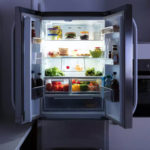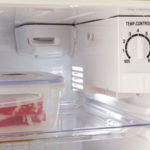Fresh Food

For meat, it is best to wash it thoroughly before marinating and dividing it into smaller portions. Place the portions in separate containers with tight-fitting lids or sealable plastic bags before transferring them to your freezer for storage.
Fresh fish, on the other hand, requires a different approach. To maintain its nutritional value, lightly cook the fish before storing it in your refrigerator’s cooler compartment. Meanwhile, ham and smoked meat require a bit more attention; place them in an airtight container and cover them with a damp cloth.
As for frozen foods, it is advisable to transfer them to the cooler compartment of your refrigerator 4-5 hours before consumption to allow for gradual thawing. Avoid refreezing and never use a microwave for defrosting, as this can lead to a loss of essential nutrients.
Canned Goods
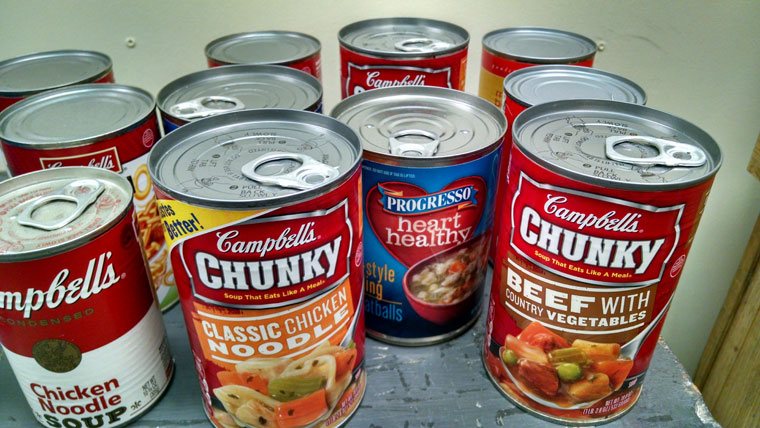
Canned goods should be stored in a cool, dry, and dark place to prevent rusting and moisture damage. Once a can is opened, transfer the contents to an airtight container and refrigerate, consuming within two days.
It is important to inspect cans before purchase, avoiding any that are swollen, damaged, or leaking.
Dried Food
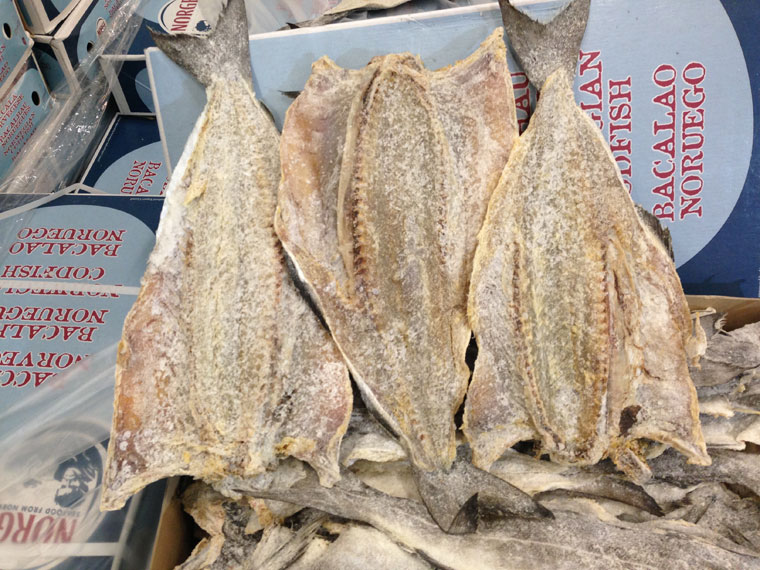
Dried foods, such as seafood, benefit from an initial sun-drying session of 2-3 hours after purchase. Afterward, transfer the food to airtight glass jars or wrap it securely in 2-3 layers of newspaper, followed by a sealable plastic bag. Store these packages in your freezer, as the extremely low moisture environment will preserve their texture and enhance their flavor.
Remember to periodically sun-dry your dried foods every 3-4 weeks, exposing them to sunlight for 10-15 minutes before returning them to cold storage.
Cooked Food

Allow cooked food to cool to room temperature before transferring it to airtight containers and placing it in the refrigerator. This practice helps prevent bacterial growth and maintains moisture, ensuring your food stays fresh and tasty.
It is important to keep raw and cooked foods separate in the refrigerator, especially if the containers are not properly sealed. If your refrigerator is packed with food, consider turning down the temperature to ensure everything stays fresh.
Milk and Dairy Products
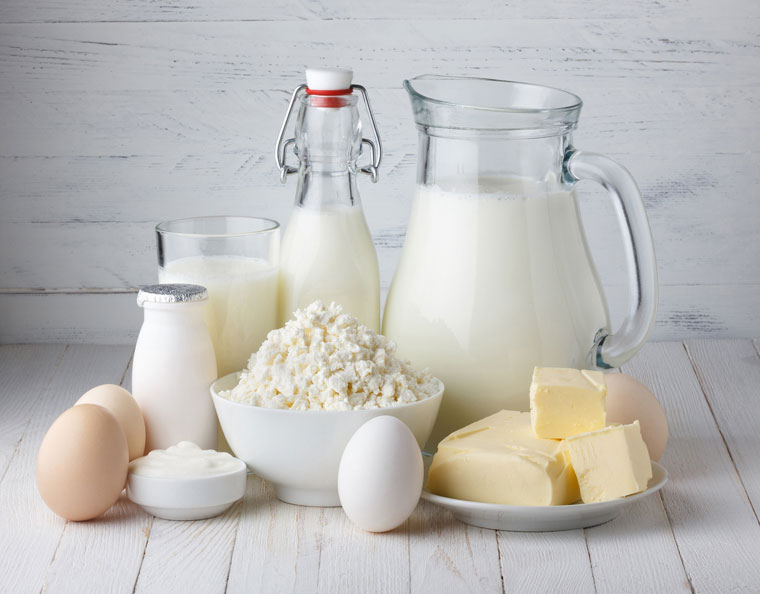
Milk is highly absorbent of other foods’ flavors, so keep it away from strongly scented items. For optimal preservation, store milk in its original packaging in the cooler compartment of your refrigerator, and consume it within 24 hours of opening.
Cheese shares milk’s propensity for absorbing flavors and has a tendency to dry out quickly. Wrap any unused portions in food wrap before refrigerating. Dairy products like yogurt and milk bread should be closely monitored for their expiration dates and consumed as soon as possible.
We hope these tips help you master the art of food preservation, ensuring delicious and nutritious meals for your daily enjoyment and improved health.
More Useful Advice for Homemakers (Part 2)
Have you heard of the surprisingly easy tips to make cooking and household chores simpler? White radish eliminates the acrid taste of salted meat, adding alum to raw shrimp helps soften it, and adding cold water when frying eggs can make them crispy – these are just a few of the tricks to make your life easier.
Is Refrigerated Leftovers Linked to an Increased Risk of Cancer?
Dr. Lam Van Man, Head of Research, Development and Technology Transfer Department of the Institute of Safety Food, has warned of the risk of food poisoning when reheating leftovers from the refrigerator. But what should we be aware of when it comes to the possibility of these leftovers causing cancer? Here, we explore what the experts have to say on the matter and offer some tips for safe eating.



























